The 2024 Land Law specifically lists cases where the State will reclaim land, diversify compensation options, and issue red books for land without documents before July 1, 2014...
On January 18, the National Assembly passed the revised Land Law, consisting of 16 chapters and 260 articles, effective from January 1, 2025. Compared to the current Law, the revised Land Law 2024 has five new groups of issues, including regulations on better protection of the legitimate rights and interests of land users; access to land for people and businesses to serve socio -economic development and production and business; improving land use efficiency; land finance such as land valuation, stabilizing land rents and improving the efficiency and effectiveness of state management.
32 cases of land recovery for national and public interests
According to Article 79, the State shall reclaim land in 31 cases of "really necessary" to implement socio-economic development projects for national and public interests. These include projects on transport works; irrigation; water supply; waste treatment; energy, public lighting; oil and gas; postal and telecommunications infrastructure; traditional markets, wholesale markets; beliefs and religions; public entertainment and recreation areas, community activities; and headquarters of State agencies.
Land reclamation activities; mineral exploitation; projects in the vicinity of traffic connection points; investment projects to build mixed-use urban areas, rural residential area projects... will also be reclaimed by the State.
This provision is superior to the current Law which only states in general terms that "The State decides to reclaim land for national defense and security purposes; socio-economic development for national and public interests" without specific criteria or conditions. Standing member of the Economic Committee Nguyen Hai Nam said that the current regulation is not transparent, causing controversy and complaints in many localities, especially land reclamation for commercial and service projects.
"The detailed regulation of 32 cases of land recovery is a big step forward, helping to clarify, concretize, and overcome the general nature of the old regulations," said Mr. Nam.
Having participated in the process of reviewing this content, Mr. Nam said that this is a provision that the Committee members had to "raise and lower many times" to calculate the pros and cons. Finally, the Economic Committee agreed to specify in detail, listing clearly, although not yet comprehensive, these 32 cases are relatively complete in practice. The law also stipulates that in cases of land recovery to implement projects and works for national and public interests that have not been regulated, the National Assembly will amend and supplement this Article according to a shortened order and procedure.
According to Mr. Nam, implementation is always the most important step in compensation and land acquisition. State agencies, especially the Compensation, Support and Resettlement Council, must always ensure objectivity, not favor any side, whether it is the investor or the people, and must be under close supervision.
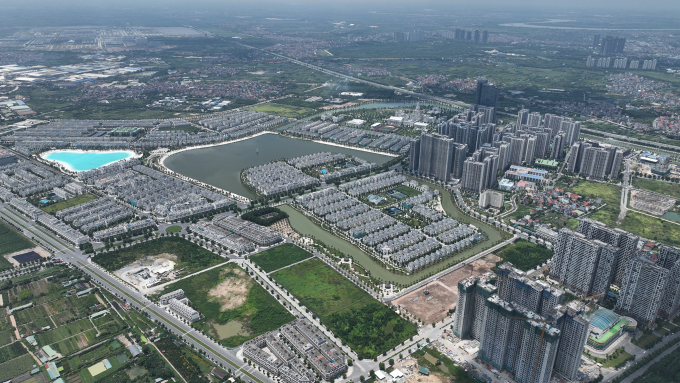
The State will reclaim land for investment projects to build urban areas with mixed-use functions. Photo: Ngoc Thanh
Associate Professor Nguyen Quang Tuyen (Head of the Faculty of Economic Law, Hanoi Law University) assessed that the above listing will make the cases of land reclamation by the State transparent, convenient for enforcement agencies, easy to determine responsibility and sanctions if wrongdoings are made. People can also easily monitor and supervise to protect their own rights.
"The law will help reduce the situation of indiscriminate land acquisition, and localities will also have a unified understanding, avoiding each place having its own way," said Mr. Tuyen, emphasizing that this provision will have a positive impact on the country's socio-economic development.
The Ho Chi Minh City Real Estate Association (HoREA) also hopes that this regulation will "overcome the situation of rampant land repossession in some places as happened before."
Diversify forms of compensation for people whose land is recovered
According to the current Land Law, compensation is made by allocating land with the same purpose of use as the recovered land. If there is no land, compensation is made in cash according to the specific land price of the recovered land.
The newly passed amended law stipulates various forms of compensation in cash, land with the same purpose of use, housing and land with different purposes of use if the person whose land is recovered has the need and the locality has the conditions for land funds. This provision institutionalizes Resolution No. 18 of the Central Committee, ensuring the right to priority in choosing the form of compensation for people whose land is recovered.
According to the National Assembly Standing Committee, the regulation on compensation in other land also creates conditions for localities without abundant land funds, reducing pressure on the state budget when having to advance capital to pay compensation in cash.
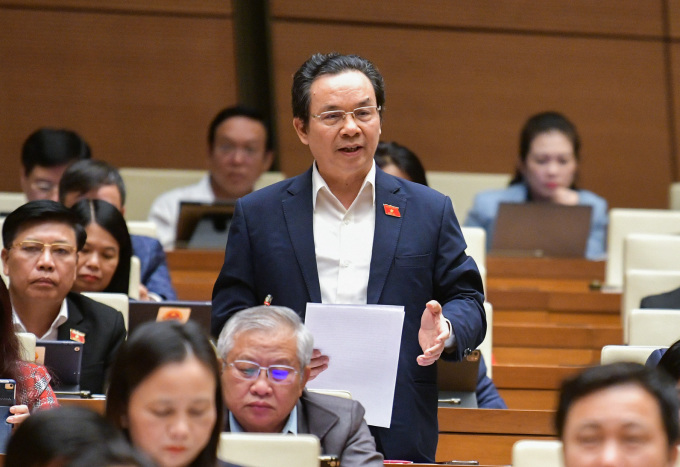
Prof. Dr. Hoang Van Cuong. Photo: National Assembly Media
Professor Hoang Van Cuong (Vice Principal of the National Economics University) said that if compensation, support and resettlement are done well, it will help change the socio-economic landscape, and at the same time change the lives of people whose land is recovered for the better.
"If localities properly implement the spirit of the Law, the pressing issues and complaints of people related to land acquisition will no longer exist," said Mr. Cuong.
According to Professor Nguyen Quang Tuyen, the key issue to harmonize interests in land acquisition, compensation, support, and resettlement is compensation price. If compensation price is harmonized between parties and resettlement conditions are good, land disputes will decrease and long-standing conflicts will be resolved.
Expanding the limit for transferring agricultural land
The current Land Law stipulates that households and individuals who do not directly produce agriculture are not allowed to receive transfers or gifts of the right to use rice-growing land.
Meanwhile, the revised Law states that individuals who are not directly involved in agricultural production must establish an economic organization and have a plan for using rice-growing land approved by the district-level People's Committee when receiving transfers or donations of rice-growing land exceeding the limit. This area for provinces and centrally run cities in the Southeast region and the Mekong Delta region is 3 hectares; for other provinces and centrally run cities, it is 2 hectares.
The Standing Committee of the National Assembly believes that expanding the scope of agricultural land transfer compared to the provisions of the current Land Law aims to ensure convenience and flexibility in agricultural production. However, to ensure food security and protect rice-growing land, it is necessary to add conditions for receiving agricultural land transfer for economic organizations.
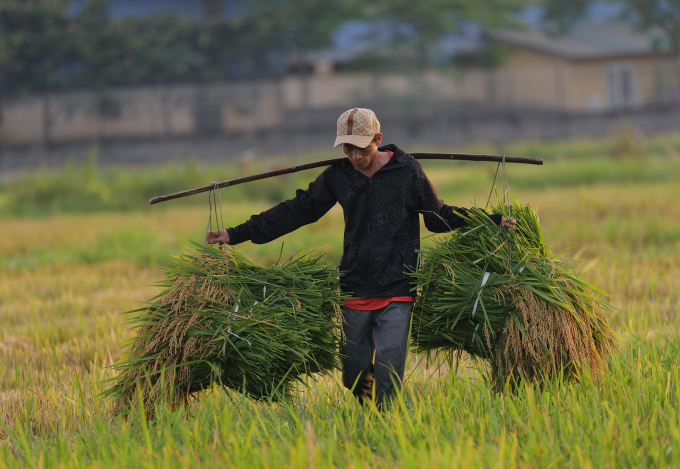
Farmers harvest rice in Son Tay, Hanoi, June 2022. Photo: Ngoc Thanh
Standing member of the Economic Committee Nguyen Hai Nam assessed this as one of the breakthroughs, helping to simplify procedures and encourage economic organizations to invest in developing high-tech, high-productivity agriculture. However, local authorities must base on their own conditions and circumstances to apply appropriately.
Accordingly, the district-level People's Committee is responsible for approving the plan to use rice-growing land of economic organizations that receive transfers exceeding the limit. This will be an important key to ensuring that there is no situation of collecting agricultural land for profit.
The Ho Chi Minh City Real Estate Association (HoREA) believes that the above regulations will create conditions for Vietnam's agriculture to develop rapidly and sustainably, ensuring national food security. The scale of Vietnam's agricultural production is increasingly large, farmers are increasingly rich, and the face of the countryside is changing. This has a positive impact on both the economy and the real estate market in the process of urbanization and development of rural residential areas.
This policy also allows Vietnam to shift from a fragmented, scattered agriculture to a concentrated, modern one, applying science and technology, producing sustainable and efficient goods. HoREA expects that from the provisions in the law, Vietnam will have many billionaire farmers.
Granting red books for land without papers before July 1, 2014
The recently passed revised Land Law allows land without documents before July 1, 2014 (instead of July 1, 2004 as currently regulated) without disputes to be granted red books. The revised law divides cases of land users without documents before July 2014 into three time groups for granting red books: cases of land use before December 18, 1980; from December 18, 1980 to before October 15, 1993; and from October 15, 1993 to before July 1, 2014.
All three groups must be confirmed by the People's Committee of the commune where the land is located that there is currently no dispute, no violation of land laws, and no case of land being allocated without authority. Each group will have specific regulations on the issuance of land use right certificates.
Households and individuals who were allocated agricultural land before July 1, 2014 without documents, have registered permanent residence in a locality in an area with difficult economic conditions, and have been confirmed by the People's Committee at the commune level that there are no disputes will also be granted a certificate and will not have to pay land use fees.
Son Ha - Viet Tuan
Source link


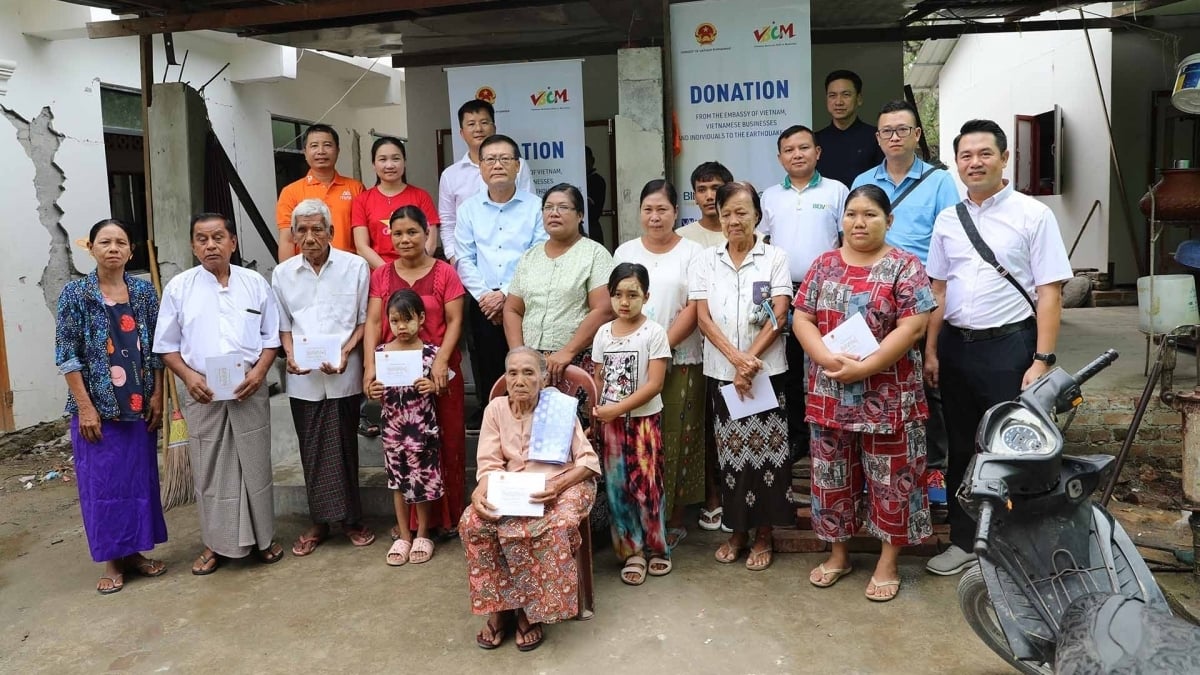
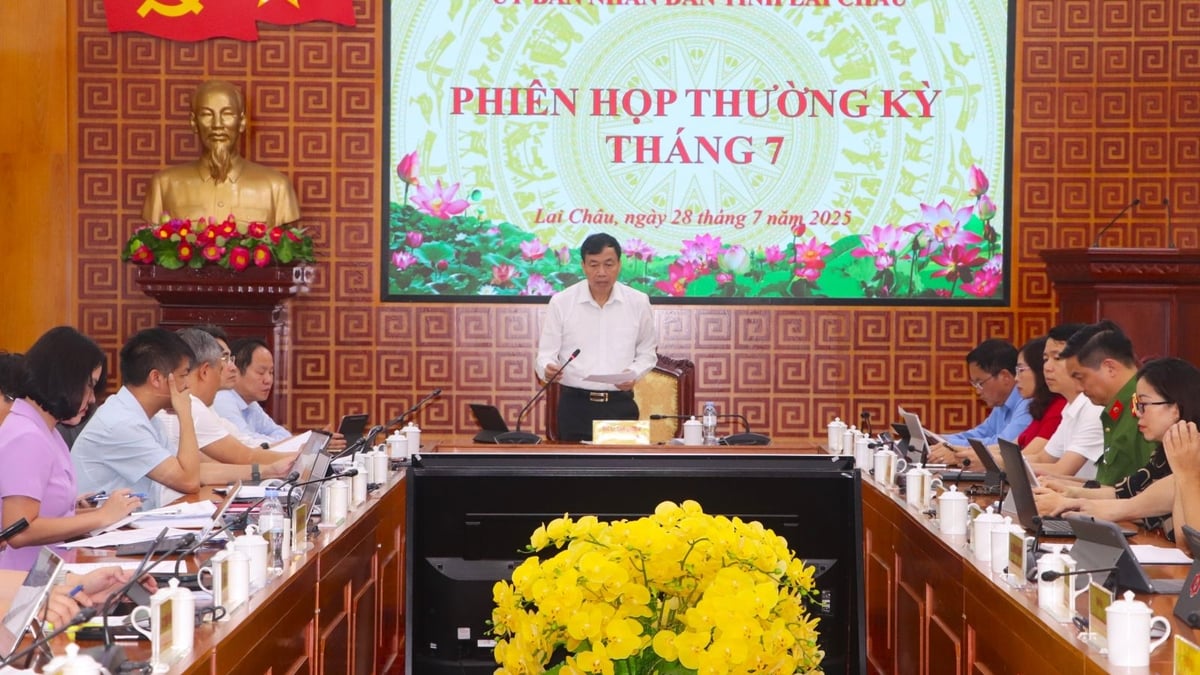
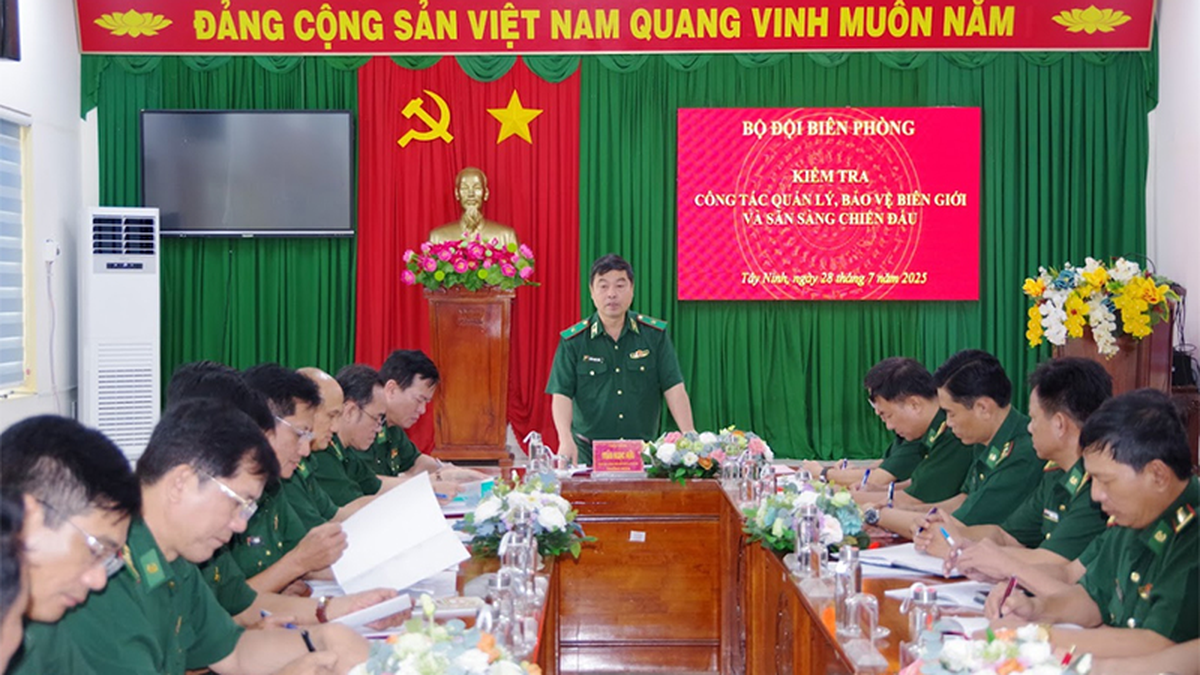
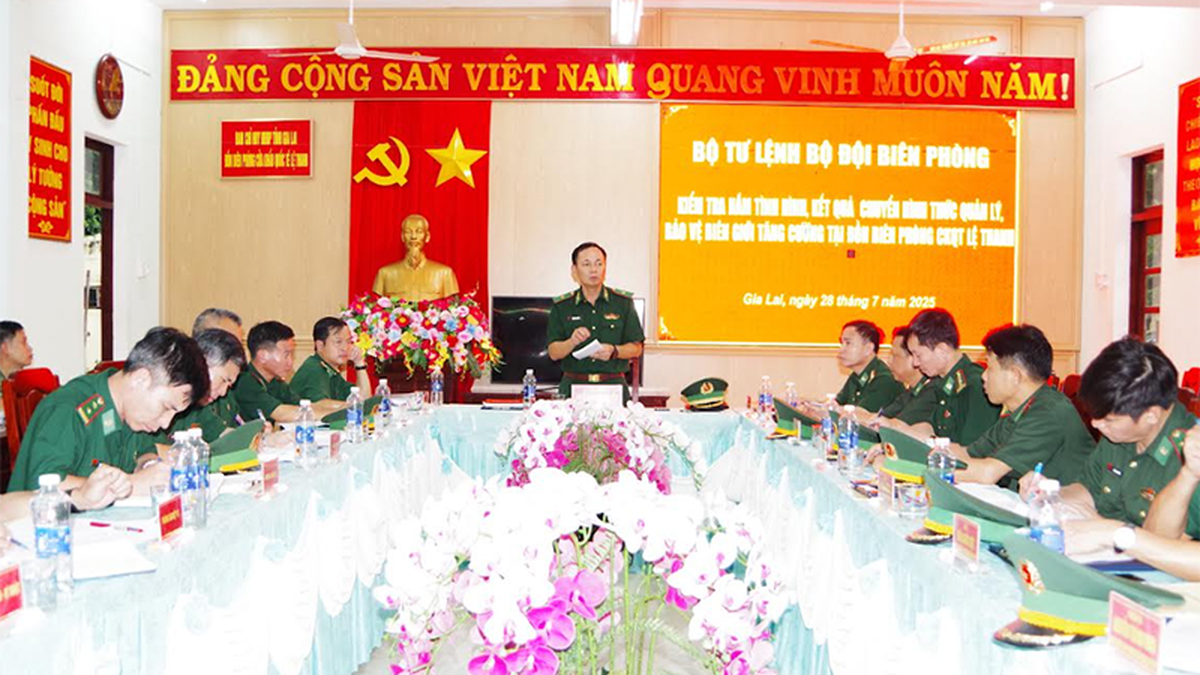

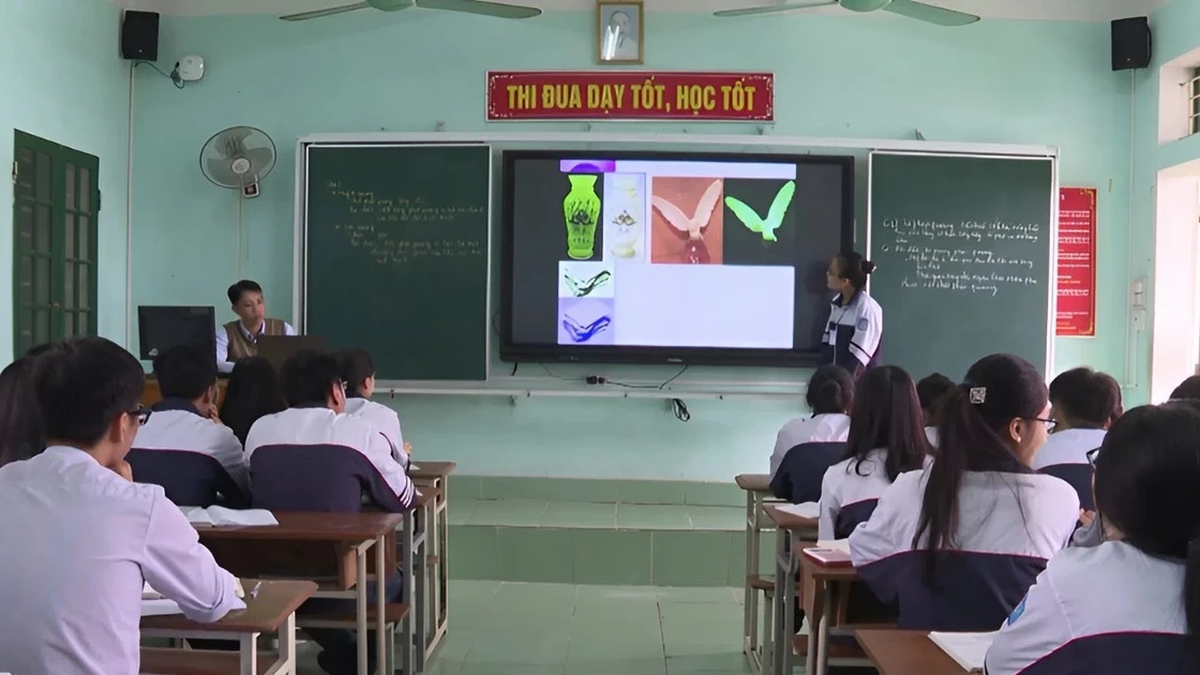


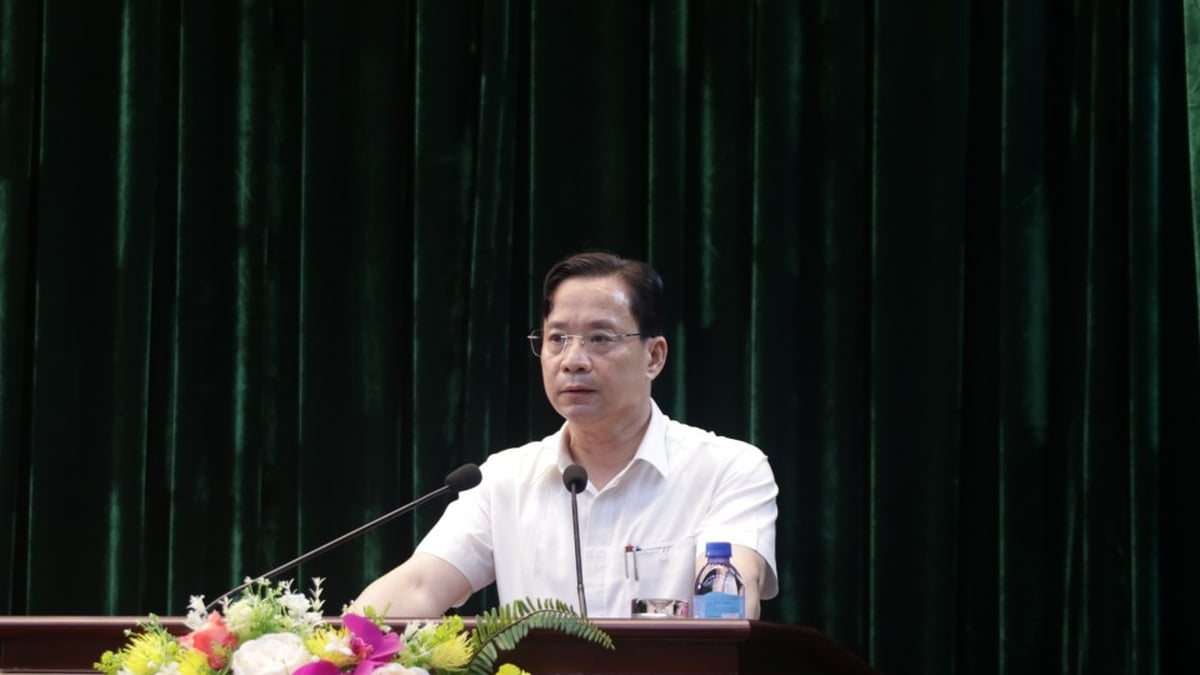
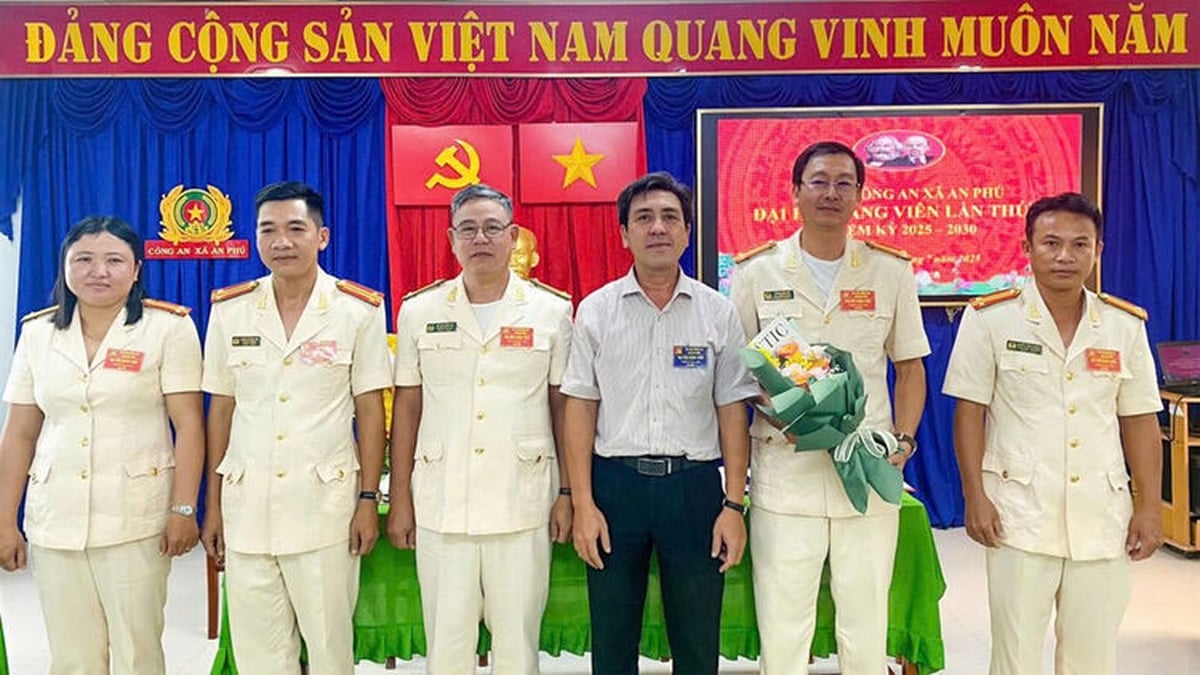










![[Photo] National Assembly Chairman attends the seminar "Building and operating an international financial center and recommendations for Vietnam"](https://vphoto.vietnam.vn/thumb/1200x675/vietnam/resource/IMAGE/2025/7/28/76393436936e457db31ec84433289f72)














































































Comment (0)